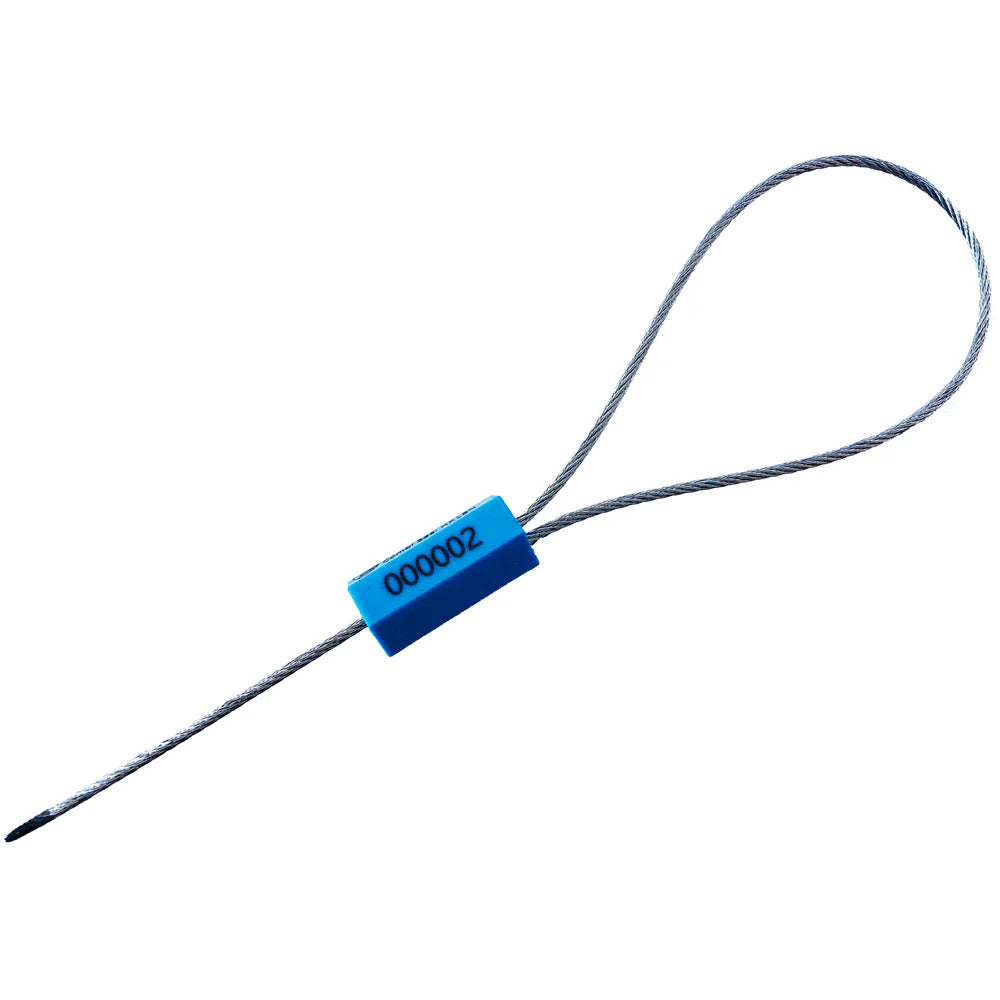Integrity and security are top priorities in many sectors including vital infrastructure, pharmaceuticals, supply chain management, and transportation. To guarantee the tamper-evident protection of products, assets, and facilities, high-security seals are essential. But not every seal is made equally. To effectively implement security measures and manage risks, companies must have a thorough understanding of the many types of high-security seals and their unique applications.
Cable Seals
One of the most widely used high-security seals is a cable seal. These seals are also known as bolt seals or barrier seals. Cable seals are used to secure railcars, containers, truck trailers, and other enclosed spaces. They are composed of a robust wire or bolt and a locking body. Cable seals are a great option for protecting cargo during storage or transit since they are extremely tamper-evident, meaning that any effort to break the seal would result in obvious damage or breakage.
Mechanical Seals
Mechanical seals are made especially for locking the doors of trucks, trailers, or containers. They are also called truck seals or truck door seals. To stop unwanted access, these seals have a sturdy plastic or metal body that locks into the door's locking mechanism. For an extra degree of security in cargo transportation, mechanical seals are frequently employed in conjunction with cable seals.
Indicative Seals
Also known as frangible seals or void seals, indicative seals are intended to produce obvious signs of tampering. Usually composed of lightweight materials like paper or plastic, these seals are designed to break or become void if they are removed or tampered with. When visual inspection is necessary, indicative seals are frequently employed to seal envelopes, packages, or evidence bags.
Electronic Seals
Electronic seals have become a more advanced security solution in recent years. These seals include electronic parts that can monitor and record several factors like location, temperature, or shock events, including RFID chips, GPS trackers, or sensors. Electronic seals are especially helpful in applications where real-time tracking and monitoring are crucial, such as high-value shipments or sensitive items.
Specialty Seals
Although there are many uses for the seal types indicated above, there are also specialty high-security seals made for certain settings or businesses. For instance, tamper-evident seals for pharmaceutical applications maintain the integrity of medication and prevent counterfeiting, while chemical-resistant seals are utilized in the chemical and petrochemical industries.
To properly protect their assets, shipments, and facilities, businesses must rely on high-security seals. They can put in place strong security measures that are suited to their particular requirements by knowing the various seal types and their unique applications. The correct selection of high-security seals can make the difference between secure operations and possible breaches. An organization's capacity to reduce risks and uphold the integrity of its operations can drastically be improved by collaborating with reliable seal manufacturers and staying up to date on security technology.

